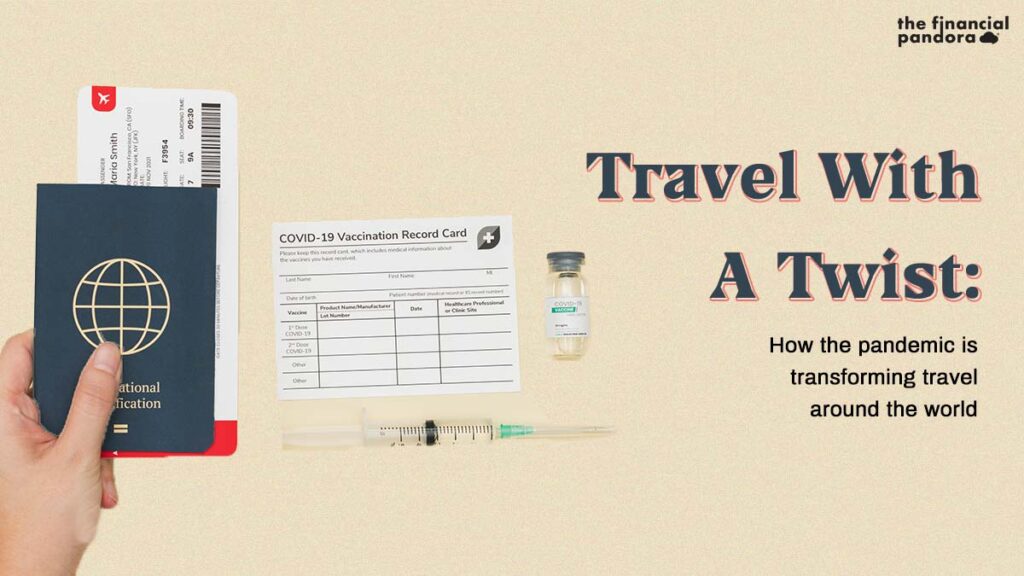Undoubtedly, there is going to be a colossal craving to step out of homes. But travel reporters are hoping that unnecessary and repeated travel will come to an end. There are several reasons behind this changing trend. Firstly, the pandemic affected business on a never-seen-before scale. Companies that had been profitable for hundreds of years, having withheld stressful times like the 9/11 and the 2008 crisis, suffered losses due to business closure for the first time when the virus emerged. Business owners and salary-earners have become more financially cautious and prefer keeping travel spends out of their budgets for now.
For those staying in Mumbai, trips to nearby places like Lonavala and Mahabaleshwar are becoming increasingly common. Similarly, it is reported that out of the top 10 destinations for Europeans in the coming year, 60% are within Europe itself.


